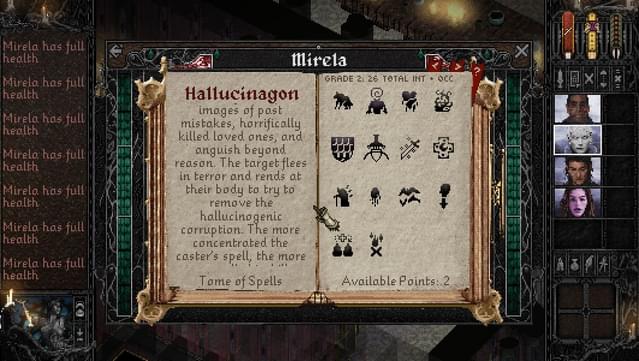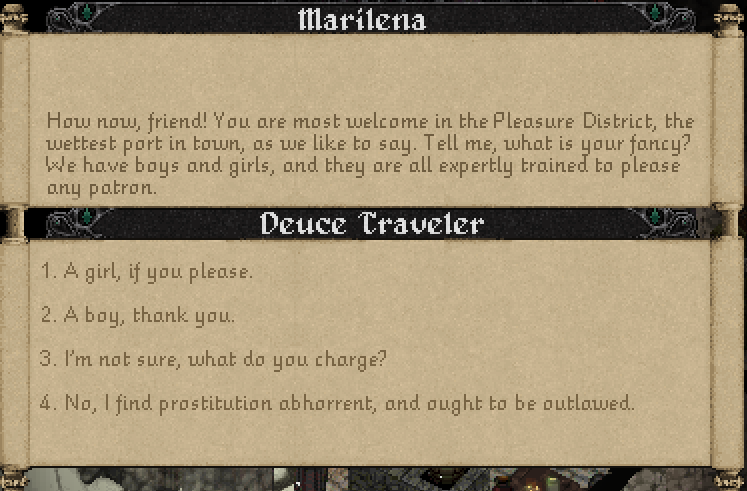No gothic horror =/= is not grim dark. Gothic horror is a scary story that is characterized by being mysterious, gloomy and or taking in haunted places like old houses, monasteries, castles.
From wiki:
'Gothic fiction is characterized by an environment of fear, the threat of
supernatural events, and the intrusion of the past upon the present. The setting typically includes physical reminders of the past, especially through ruined buildings which stand as proof of a previously thriving world which is decaying in the present. Especially in the eighteenth and nineteenth centuries, characteristic settings include castles, religious buildings like
monasteries and
convents, and
crypts. The atmosphere is typically
claustrophobic, and common plot elements include vengeful persecution, imprisonment, and murder.'
So no, they are not the same. Gothic horror are your horror stories from 19th century.
Grimdark as tried to explained by various authors (from wiki):
'Several attempts to define the
neologism[3] "grimdark" have been made:
- Adam Roberts described it as fiction "where nobody is honourable and Might is Right", and as "the standard way of referring to fantasies that turn their backs on the more uplifting, Pre-Raphaelite visions of idealized medievaliana, and instead stress how nasty, brutish, short and, er, dark life back then 'really' was". But he noted that grimdark has little to do with re-imagining an actual historic reality and more with conveying the sense that our own world is a "cynical, disillusioned, ultraviolent place".[1]
- Genevieve Valentine called grimdark a "shorthand for a subgenre of fantasy fiction that claims to trade on the psychology of those sword-toting heroes, and the dark realism behind all those kingdom politics".[4]
- In the view of Jared Shurin, grimdark fantasy has three key components: a grim and dark tone, a sense of realism (for example, monarchs are useless and heroes are flawed), and the agency of the protagonists: whereas in high fantasy everything is predestined and the tension revolves around how the heroes defeat the Dark Lord, grimdark is "fantasy protestantism": characters have to choose between good and evil, and are "just as lost as we are".[5]
- Liz Bourke considered grimdark's defining characteristic to be "a retreat into the valorisation of darkness for darkness's sake, into a kind of nihilism that portrays right action ... as either impossible or futile". This, according to her, has the effect of absolving the protagonists as well as the reader from moral responsibility.[6]
- Helen Young equates grimdark to gritty fantasy, as exemplified by George R. R. Martin's A Song of Ice and Fire series.[7]
Whether grimdark is a genre in its own right or an unhelpful label has also been discussed. Valentine noted that while some writers have embraced the term, others see it as "a dismissive term for fantasy that's dismantling
tropes, a stamp unfairly applied.'





















